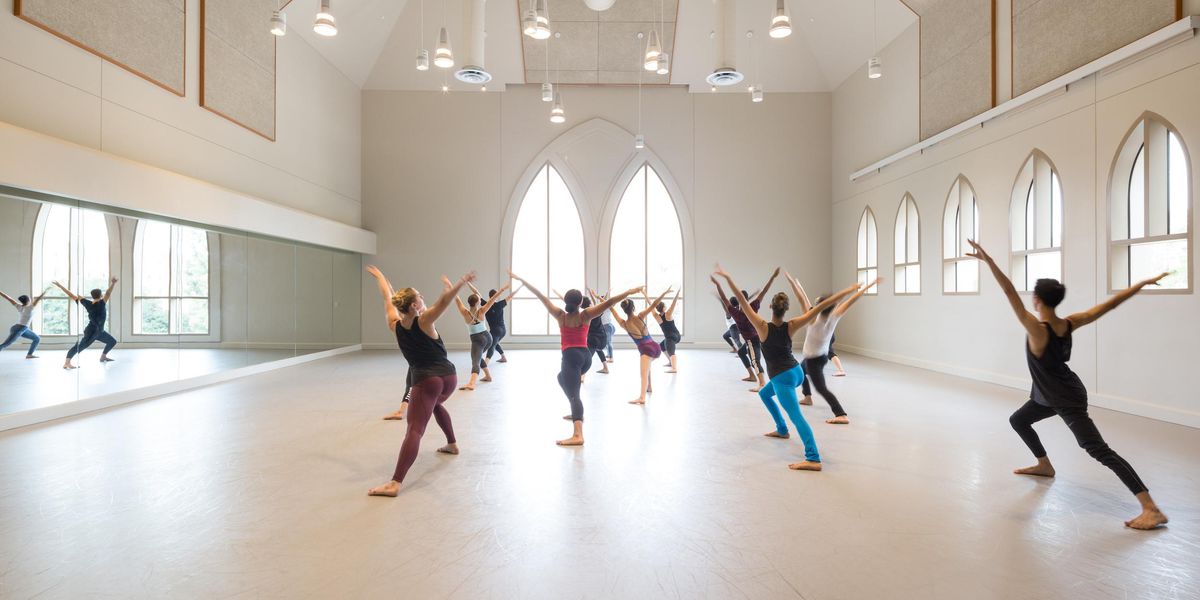Advice for Dancers
High Anxiety
Chicago, IL
You’re in an unfortunate situation. If you dance with a small company, I assume that the members do not have sufficient funds to join a union to advocate for your interests when unprofessional behavior, such as chronic screaming, occurs. (Find out more about unions in our story “Sweating the Small Stuff,” which ran in January.) Yet even with a union, dancing in a company isn’t stress-free. Directors aren’t required to explain their casting decisions, and research shows that being kept in the dark often creates self-doubt. Since you don’t know how you are evaluated for roles, it’s best not to fill in the blanks with negative thoughts about your competence. Protect your self-esteem by trying not to take comparisons to other dancers personally. Your a.d. is probably trying to motivate you through competition with your peers; the problem is that this breeds insecurity. Ideally, a savvy director focuses on helping dancers grow, while showing them how to improve any individual weaknesses. A stable, joyful environment that rewards progress will inspire the greatest effort in performers. Thankfully, you are able to enjoy yourself onstage. The trick is to bring that mindset into the rehearsal hall. Distance yourself from your director’s arbitrary behavior by keeping your attention on the steps and using positive self-talk. You might also consider auditioning for another (hopefully, union-based) company with a more sensitive director.
I’m only 34 years old but my body feels like it’s starting to go downhill. I know dancers have relatively short careers, but it’s too soon for me to stop. Do you have any suggestions for dancing better now and into my 40s?
Carol
Brooklyn, NY
That’s the $64,000 question lurking in almost every dancer’s heart: What can I do to dance as long as I can? If you know how your body changes over time, you can target potential problems early. For instance, cardiovascular functioning declines by about one-half of one percent each year after you hit 30. The remedy is to add aerobic exercises to your routine three times a week (except during taxing work periods). Muscle mass also decreases by 40 to 50 percent over the ensuing decades, with a similar diminishment in bone density. Regular weight training, such as Pilates or Gyrotonic, becomes crucial for maintaining strength. So does eating a healthy diet that includes adequate amounts of daily calcium (1,500 mg) and vitamin D3 (800 iu) to help prevent osteoporosis. Not surprisingly, cross-conditioning will also counteract some of the loss in flexibility that comes with aging. Be open to adjusting your roles over time so that your growing artistry can take precedence as your technique wanes, ensuring a place for you as a vital performer. Mikhail Baryshnikov and Sylvie Guillem are two glowing examples of virtuosic dancers who transformed their careers by moving into dance forms that are less technically demanding. You can learn how other dancers deal with aging in our “Dancing Through the Decades” story from July.
Rejection stinks! I was all psyched up to attend a number of auditions for a new job—until I received my first “no.” Wow, did that hurt! I can’t seem to bounce back. My teachers tell me I’m ready to go pro, but I feel hopeless. My friends think I’m neurotic.
Chris
Boston, MA
Your friends are wrong. The latest research indicates that rejection, whether it’s due to a lost job, a personal snub, a breakup, or being defriended on Facebook, activates the same areas of the brain that are associated with physical pain, such as breaking an arm. The hurt you’re feeling is real! This makes sense from an evolutionary perspective, since being emotionally isolated from others was a death knell 200,000 years ago. Today, you can survive rejection, but it still isn’t easy. Try to keep things in perspective. No one can predict the outcome of either an audition or a budding romance. It’s foolhardy to put excessive weight on achieving a fairy-tale ending; there are too many variables at stake, some of which may have nothing to do with you. Instead, talk things out with someone you trust, and look for cues to see if you contributed to the problem by having a weak resumé, failing to respond appropriately to others, or dating an unavailable person. Believe it or not, taking Tylenol every day for two weeks can also help make the pain less daunting. Although there is a sharp hurt of rejection at first, it fades with time for most people. Those who do become seriously depressed should consider psychological services. In the meantime, remember that one rejection does not mean your capacity for success is diminished.
Former New York City Ballet dancer Linda Hamilton, Ph.D., is a psychologist in private practice, the author of
Advice for Dancers (Jossey-Bass), and co-author of The Dancer’s Way: The New York City Ballet Guide to Mind, Body and Nutrition (St. Martin’s Griffin). Her website is www.wellness4performers.com.




